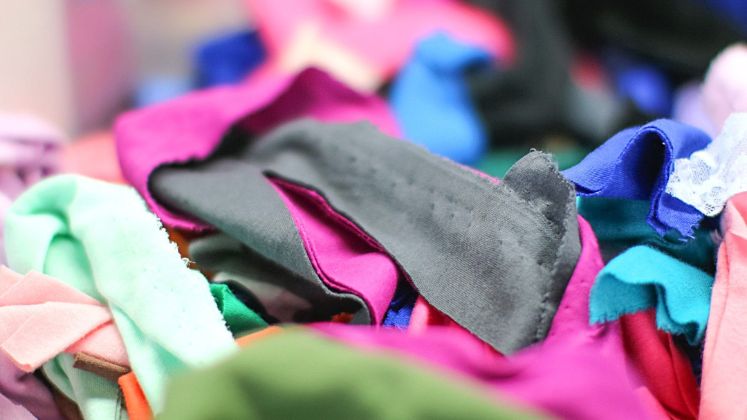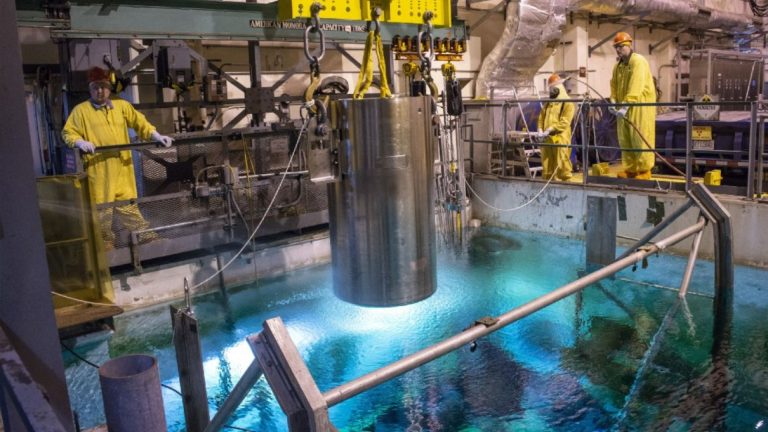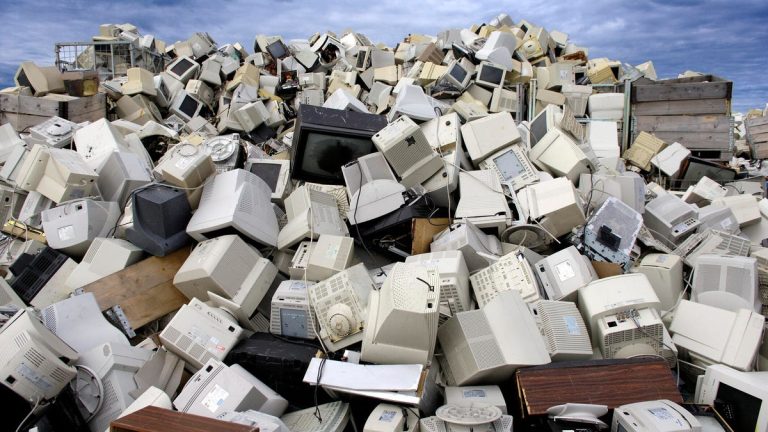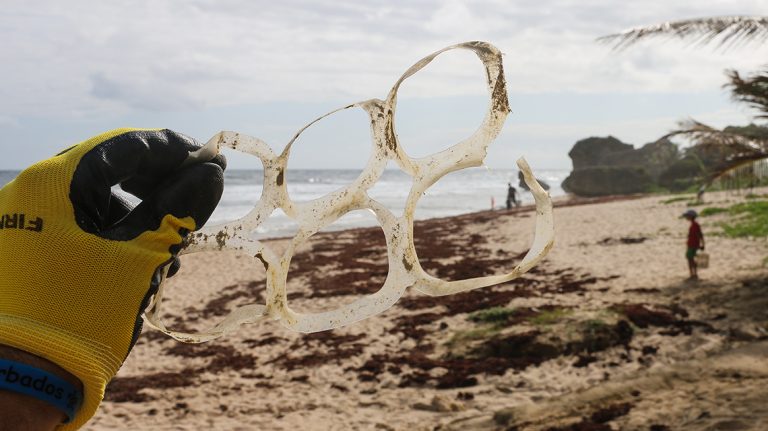
Dutch sustainable chemistry company Avantium has announced a significant advancement in textile recycling, developing a novel method to separate and reuse both cotton and polyester from polycotton blends. This proprietary process addresses the growing challenge of textile waste by offering a true fibre-to-fibre recycling solution.
Developed in partnership with the University of Amsterdam’s Industrial Sustainable Chemistry group, and led by Avantium CTO Gert-Jan Gruter, the technology utilises a hydrochloric acid treatment to convert the cotton component of polycotton into glucose, while simultaneously preserving the polyester. This dual recycling capability, detailed in a recent Nature Communications publication, marks a first in the industry.
The process involves treating the polycotton waste with concentrated hydrochloric acid, which fully hydrolyzes the cotton cellulose into glucose. The remaining polyester can then be easily separated and recycled. The extracted glucose offers a versatile building block for various applications, including the production of polymers, resins, solvents, and Avantium’s own flagship product, 2,5-furandicarboxylic acid (FDCA).
Avantium’s existing Dawn Technology, which converts non-food plant-based feedstock into materials like glucose and lignin, plays a key role in this new recycling process. Successful trials at Avantium’s laboratories and the Delfzijl Dawn pilot plant have demonstrated the effectiveness of the method on post-consumer polycotton waste textiles, yielding high glucose recovery rates and suggesting scalability and cost-effectiveness.
With textile production projected to reach 149 million tons by 2030 and recycling rates currently below 1 per cent, Avantium’s technology offers a sustainable pathway towards a circular and low-carbon textile industry. This innovation also comes as regulatory pressure mounts on textile producers to take responsibility for waste management.



